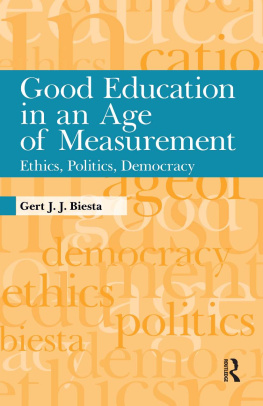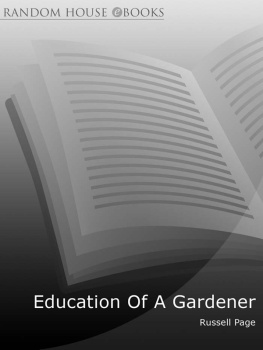Russell - Education and the Social Order
Here you can read online Russell - Education and the Social Order full text of the book (entire story) in english for free. Download pdf and epub, get meaning, cover and reviews about this ebook. year: 2015, publisher: Taylor and Francis; Routledge, genre: Religion. Description of the work, (preface) as well as reviews are available. Best literature library LitArk.com created for fans of good reading and offers a wide selection of genres:
Romance novel
Science fiction
Adventure
Detective
Science
History
Home and family
Prose
Art
Politics
Computer
Non-fiction
Religion
Business
Children
Humor
Choose a favorite category and find really read worthwhile books. Enjoy immersion in the world of imagination, feel the emotions of the characters or learn something new for yourself, make an fascinating discovery.
Education and the Social Order: summary, description and annotation
We offer to read an annotation, description, summary or preface (depends on what the author of the book "Education and the Social Order" wrote himself). If you haven't found the necessary information about the book — write in the comments, we will try to find it.
Education and the Social Order — read online for free the complete book (whole text) full work
Below is the text of the book, divided by pages. System saving the place of the last page read, allows you to conveniently read the book "Education and the Social Order" online for free, without having to search again every time where you left off. Put a bookmark, and you can go to the page where you finished reading at any time.
Font size:
Interval:
Bookmark:
Education and the Social Order
Sentence after sentence that could be written in the teachers golden treasury of wisdom
The Observer
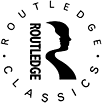
Routledge Classics contains the very best of Routledge publishing over the past century or so, books that have, by popular concent, become established as classics in their field. Drawing on a fantastic heritage of innovative writing published by Routledge and its associated imprints, this series makes available in attractive, affordable form some of the most important work of modern times.
For a complete list of title visit
www.routledge.com/classics
Education and the Social Order

London and New York
First published in 1932
by George Allen & Unwin Ltd
First published in the Routledge Classics in 2010
by Routledge
2 Park Square, Milton Park, Abingdon, Oxon OX14 4RN
Simultaneously published in the USA and Canada
by Routledge
270 Madison Ave, New York, NY 10016
Routledge is an imprint of the Taylor & Francis Group, an informa business
This edition published in the Taylor & Francis e-Library, 2009.
To purchase your own copy of this or any of Taylor & Francis or Routledges collection of thousands of eBooks please go to www.eBookstore.tandf.co.uk.
2010 The Bertrand Russell Peace Foundation Ltd
All rights reserved. No part of this book may be reprinted or reproduced or utilised in any form or by any electronic, mechanical, or other means, now known or hereafter invented, including photocopying and recording, or in any information storage or retrieval system, without permission in writing from the publishers.
British Library Cataloguing in Publication Data
A catalogue record for this book is available from the British Library
Library of Congress Cataloging-in-Publication Data
A catalog record for this book has been requested
ISBN 13: 978-1-135-22352-6 ePub ISBN
ISBN 10: 0415487358
ISBN 10: 0203864832 (ebk)
ISBN 13: 9780415487351
ISBN 13: 9780203864838 (ebk)
THE INDIVIDUAL VERSUS THE CITIZEN
That education is desirable is the opinion of all modern civilised States, but is, nevertheless, a proposition which has at all times been disputed by some men whose judgement commands respect. Those who oppose education do so on the ground that it cannot achieve its professed objects. Before we can adequately examine their opinion, we must, therefore, decide what it is that we should wish education to accomplish if possible: on this question there are as many divergent views as there are conceptions of human welfare. But there is one great temperamental cleavage which goes deeper than any of the other controversies, and that is the cleavage between those who consider education primarily in relation to the individual psyche, and those who consider it in relation to the community.
Assuming (as will be argued in the next chapter) that education should do something to afford a training and not merely to prevent impediments to growth, the question arises whether education should train good individuals or good citizens. It may be said, and it would be said by any person of Hegelian tendencies, that there can be no antithesis between the good citizen and the good individual. The good individual is he who ministers to the good of the whole, and the good of the whole is a pattern made up of the goods of individuals. As an ultimate metaphysical truth I am not prepared either to combat or to support this thesis, but in practical daily life the education which results from regarding a child as an individual is very different from that which results from regarding him as a future citizen. The cultivation of the individual mind is not, on the face of it, the same thing as the production of a useful citizen. Goethe, for example, was a less useful citizen than James Watt, but as an individual must be reckoned superior. There is such a thing as the good of the individual as distinct from a little fraction of the good of the community. Different people have different conceptions of what constitutes the good of the individual, and I have no wish to argue with those who take a view different from my own. But whatever view may be taken, it is difficult to deny that the cultivation of the individual and the training of the citizen are different things.
What constitutes the good of the individual? I will try to give my own answer without in any way suggesting that others should agree with me.
First and foremost, the individual, like Leibnizs monads, should mirror the world. Why? I cannot say why, except that knowledge and comprehensiveness appear to me glorious attributes, in virtue of which I prefer Newton to an oyster. The man who holds concentrated and sparkling within his own mind, as within a camera obscura, the depths of space, the evolution of the sun and planets, the geological ages of the earth, and the brief history of humanity, appears to me to be doing what is distinctively human and what adds most to the diversified spectacle of nature. I would not abate this view even if it should prove, as much of modern physics seems to suggest, that the depths of space and the dark backward and abysm of time were only coefficients in the mathematicians equations. For in that case man becomes even more remarkable as the inventor of the starry heavens and the ages of cosmic antiquity: what he loses in knowledge he gains in imagination.
But while the cognitive part of man is the basis of his excellence, it is far from being the whole of it. It is not enough to mirror the world. It should be mirrored with emotion: a specific emotion appropriate to the object, and a general joy in the mere act of knowing. But knowing and feeling together are still not enough for the complete human being. In this world of flux men bear their part as causes of change, and in the consciousness of themselves as causes they exercise will and become aware of power. Knowledge, emotion, and power, all these should be widened to the utmost in seeking the perfection of the human being. Power, Wisdom, and Love, according to traditional theology, are the respective attributes of the Three Persons of the Trinity, and in this respect at any rate man made God in his own image.
In this we are thinking of man as an individual. We are considering him as he has been considered by Buddhists, Stoics, Christian saints, and all mystics. The elements of knowledge and emotion in the perfect individual as we have been portraying him are not essentially social. It is only through the will and through the exercise of power that the individual whom we have been imagining becomes an effective member of the community. And even so the only place which the will, as such, can give to a man is that of dictator. The will of the individual considered in isolation is the god-like will which says let such things be. The attitude of the citizen is a very different one. He is aware that his will is not the only one in the world, and he is concerned, in one way or another, to bring harmony out of the conflicting wills that exist within his community. The individual as such is self-subsistent, while the citizen is essentially circumscribed by his neighbours. With the exception of Robinson Crusoe we are of course all in fact citizens, and education must take account of this fact. But it may be held that we shall ultimately be better citizens if we are first aware of all our potentialities as individuals before we descend to the compromises and practical acquiescences of the political life. The fundamental characteristic of the citizen is that he co-operates, in intention if not in fact. Now the man who wishes to co-operate, unless he is one of exceptional powers, will look about for some ready-made purpose with which to co-operate. Only a man of very exceptional greatness can conceive in solitude a purpose in which it would be well for men to co-operate, and having conceived it can persuade men to follow him. There have been such men. Pythagoras thought it well to study geometry, for which every schoolboy to this day has reason to curse him. But this solitary and creative form of citizenship is rare, and is not likely to be produced by an education designed for the training of citizens. Citizens as conceived by governments are persons who admire the
Font size:
Interval:
Bookmark:
Similar books «Education and the Social Order»
Look at similar books to Education and the Social Order. We have selected literature similar in name and meaning in the hope of providing readers with more options to find new, interesting, not yet read works.
Discussion, reviews of the book Education and the Social Order and just readers' own opinions. Leave your comments, write what you think about the work, its meaning or the main characters. Specify what exactly you liked and what you didn't like, and why you think so.

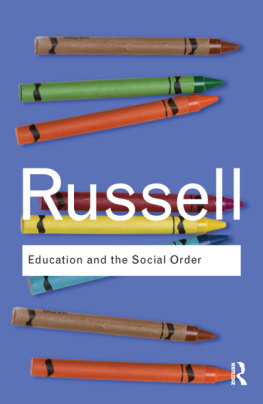
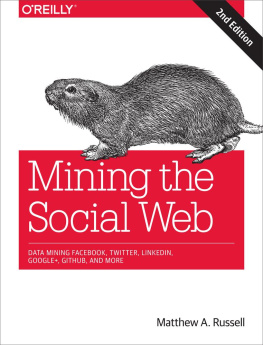
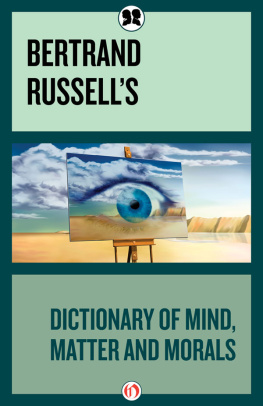
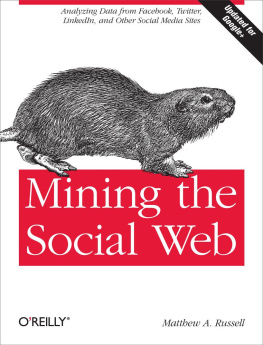

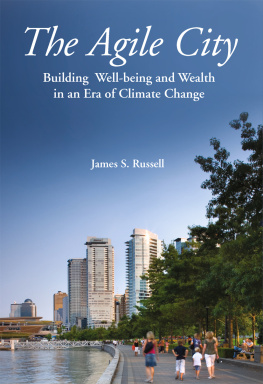
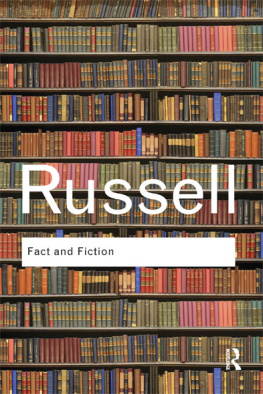

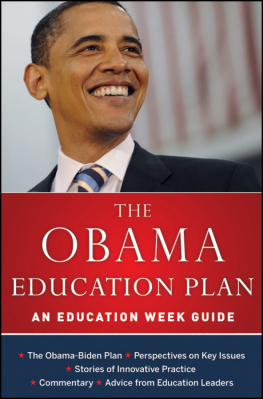
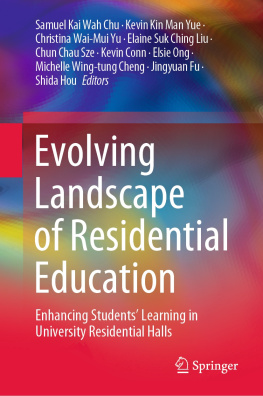
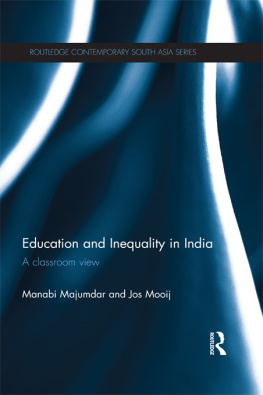
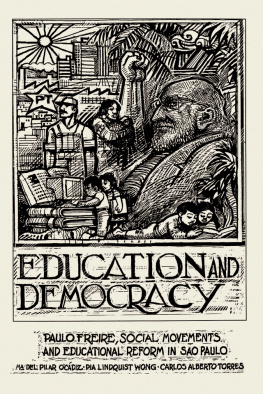
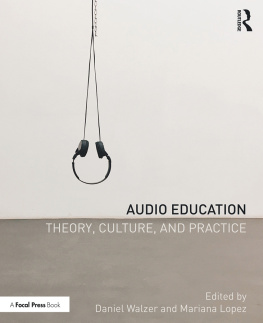
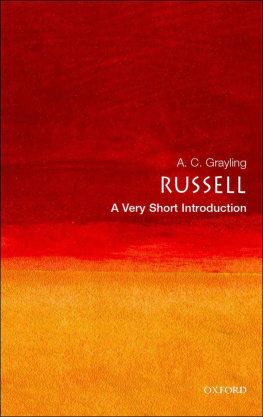
![Russell - On education [recurso electrónico]](/uploads/posts/book/137691/thumbs/russell-on-education-recurso-electro-nico.jpg)
